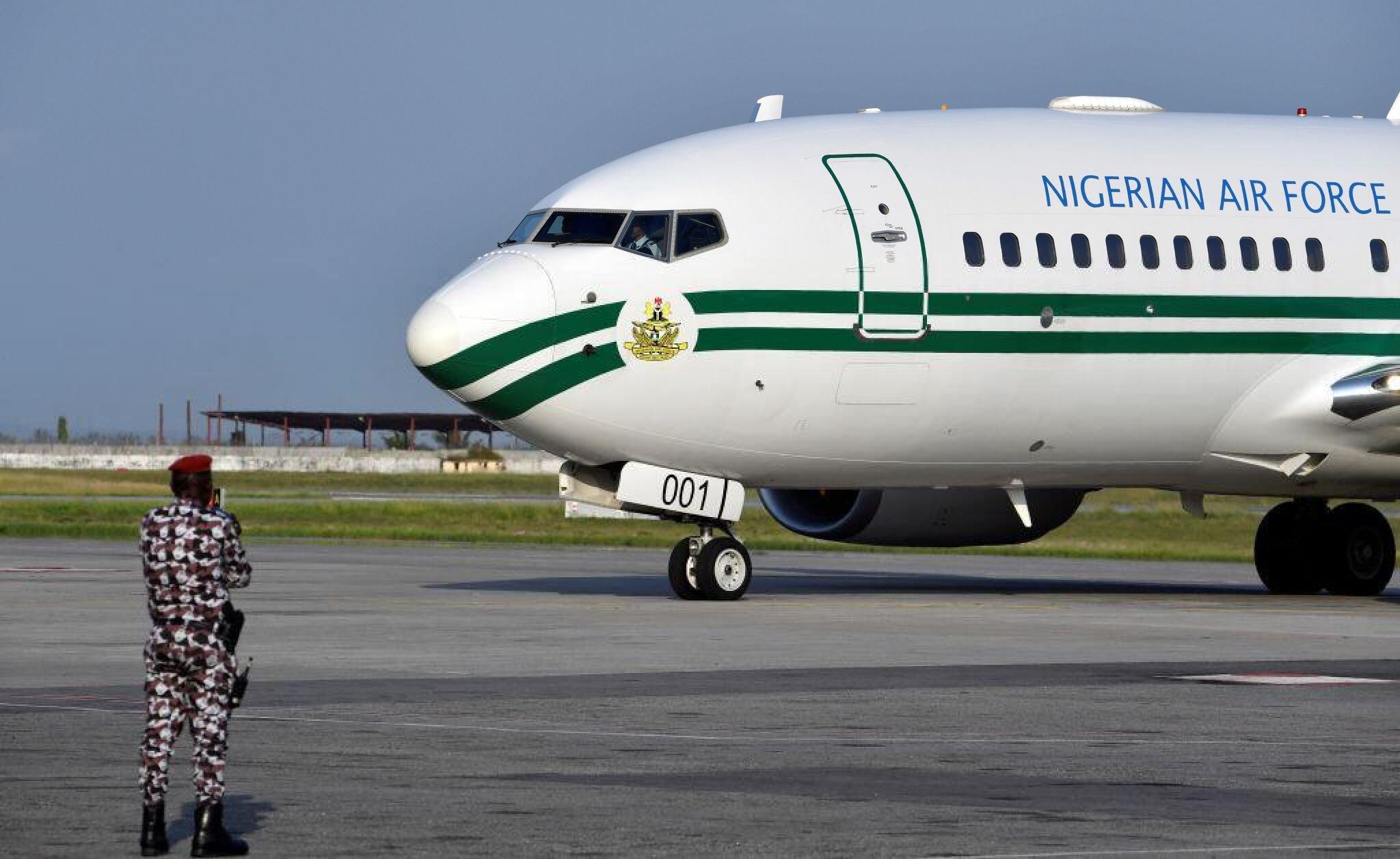Amid an economic squeeze, Nigeria’s administration has unveiled plans to offload a portion of its Presidential Air Fleet (PAF), a move seen as tightening the belt in the face of financial strain. Reports emerged on Monday from local sources revealing that three aircraft from the nation’s distinguished fleet are marked for sale, a decision underpinned by the imperative to pare down governmental expenditure.
At the heart of this decision is President Bola Tinubu’s directive aimed at streamlining the fleet, currently encompassing six jets and four helicopters, as concerns mount over the ballooning costs associated with their upkeep. An unnamed official was quoted in The Nation newspaper expressing specific worries over the recurring maintenance demands and the financial load they impose on the country.
“I think officers in [the] PAF were particularly concerned about the frequency of maintenance and how much it costs the nation,”
said the source, highlighting the President’s resolution to divest the aircraft that represent “most of the burden.”
This fiscal prudence comes against the backdrop of Nigeria’s considerable allocation for the PAF’s upkeep, with reports indicating that no less than 80 billion naira (approximately $60 million) was earmarked for this purpose between 2016 and 2023.
The nation’s attempt in 2016 to sell two planes—a Dassault Falcon 7x executive jet and a Beechcraft Hawker 4000 business jet—under then-President Muhammadu Buhari’s tenure, faced hurdles as it failed to attract buyers willing to meet the $24 million valuation, with bids peaking at $11 million. These bids were ultimately declined by the government.
The sale of these jets unfolds in a broader context of austerity, triggered by a cost-of-living crisis following President Tinubu’s decision to eliminate a fuel subsidy. This move, part of wider budget deficit-reduction efforts, has sparked public dissent manifesting in street protests and nationwide strikes.
Adding to the suite of cost-cutting measures, President Tinubu recently mandated a suspension of all publicly funded international travel for government officials. This policy, effective from April 1 and slated to span three months, aims to trim administrative costs. It arrives amid critiques of the lavish travel habits of government figures, notably over 400 officials attending the COP28 climate conference in Dubai the previous November.
What Are the Implications of Nigeria’s Cost-Cutting Strategies?
As Nigeria navigates through these economic reforms, questions arise about the broader impact of such austerity measures on the nation’s governance and public service efficiency. Will the sale of presidential jets and the curtailment of government travel expenditures lead to a more streamlined administration, or could these actions signal deeper fiscal challenges ahead? How will these decisions influence public perception and the government’s ability to address the ongoing cost-of-living crisis?

















